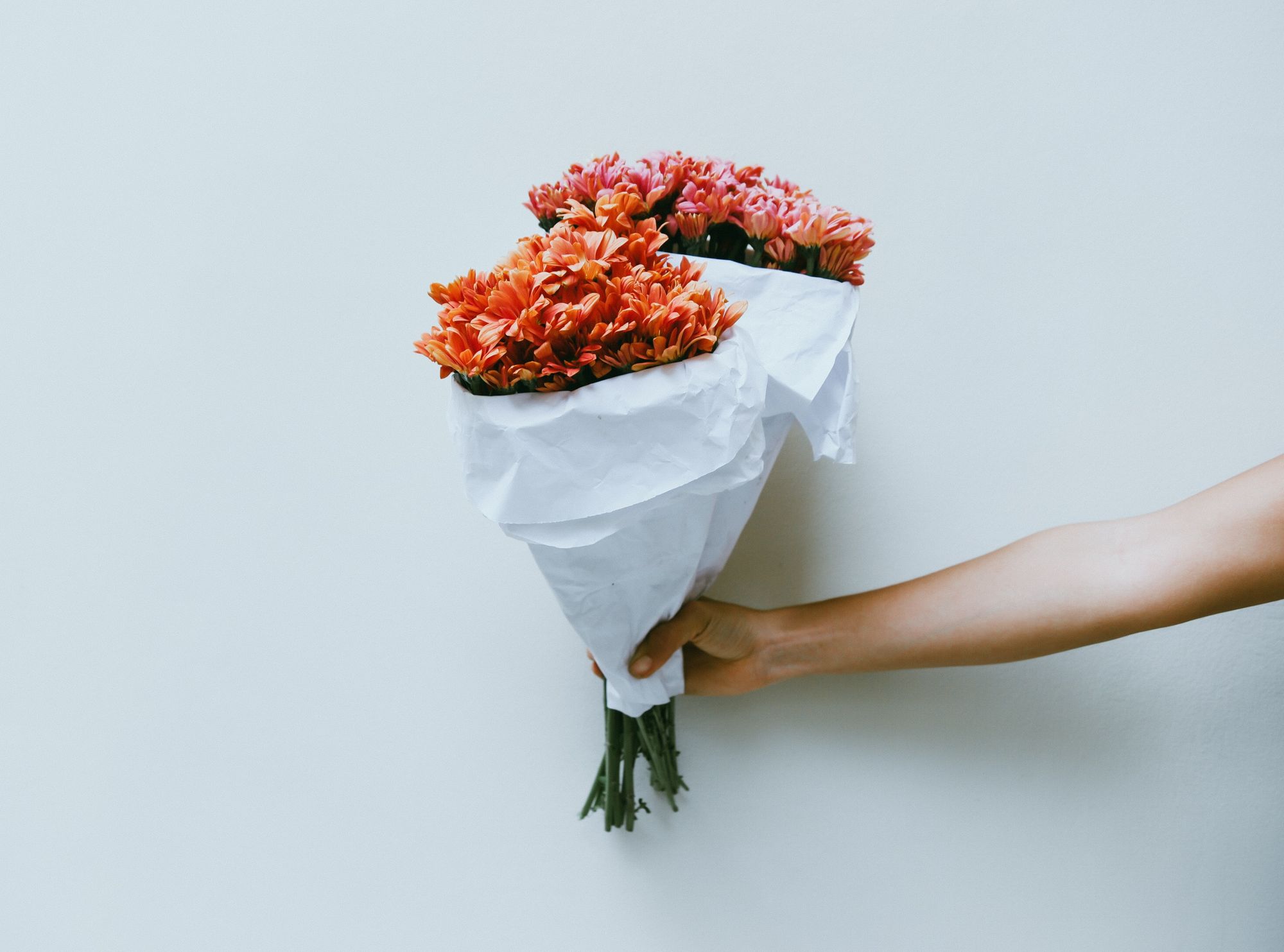Navigating Anniversaries After a Loss

Ebony-Renee Baker
Death anniversaries are weird. While we know how to mark birthdays, relationships, weddings, etc., the anniversary of someone dying doesn’t exactly warrant balloons and gifts.
How am I supposed to feel?
Am I responsible for some sort of memorial?
Should I take the day off work?
The list of questions goes on – and there really isn’t one answer to any of them.
On the first anniversary of my father’s death, I remember the heaviness of the weeks leading up to it, preparing myself for a day of sadness and tears. Despite having organized a family gathering and telling myself it was “just a day,” that didn’t make it any clearer for me on how to navigate the sensitive time of year.
Even though we don’t grow up having to observe death anniversaries it’s something that, inevitably, we’ll all have to face. Here are some things I’ve learned in the years since the loss in my life.
Give yourself the space to feel
You’re most likely going to go through a million emotions on the day of their death. You might relive the entire day hour-by-hour, or you may actively try to block out the specifics. One minute you could be smiling thinking about the good times, and the other you’ll be bursting into tears as you flash back to their final moment. If grief teaches you anything, it’s that there’s no real beginning or end to our emotions. Make sure you give yourself the time and space to navigate those waves throughout the day and don’t force yourself to do anything. Suppressed emotions will always find a way of catching up with you.
Do something good for you
On my dad’s first death anniversary, I bought myself a new necklace. I hadn’t planned to, but I’d walked in a shop, saw one I liked, and figured it was a perfect way to commemorate the day. It might feel weird to do something celebratory on such a somber day, but it’s a great way of seeing the day as a celebration of life, as much as it is already a memory of death.
Accept that there may be more than one hard anniversary
There were many moments leading up to my father’s death that will likely hold significance for the rest of my life, too. From the last day he was admitted to hospital, to the day we received the “bad news” call, to the days we were in the hospital with him, you may end up navigating weeks on end with a subtle but heavy sadness every year. It’s OK to have those days, and it’s OK to talk about it if that’s what tethers you a little more to the shore.
You can still celebrate their birthday, too
Finally, don’t let their death anniversary override their birthday. Just because they’re not here to see another year doesn’t mean that day loses significance. Let’s face it: your grief can (and will) find you on any day of the year – you don’t have to stop thinking about them on their special days! Use their birthdays, weddings and any other happy anniversary to keep their memory alive and remind yourself of just how far you’ve come with your grief.
Ebony-Renee Baker is a Canadian writer and content creator based in the UK. She writes about topics including lifestyle, fashion, race, social issues and, yes, sometimes death



